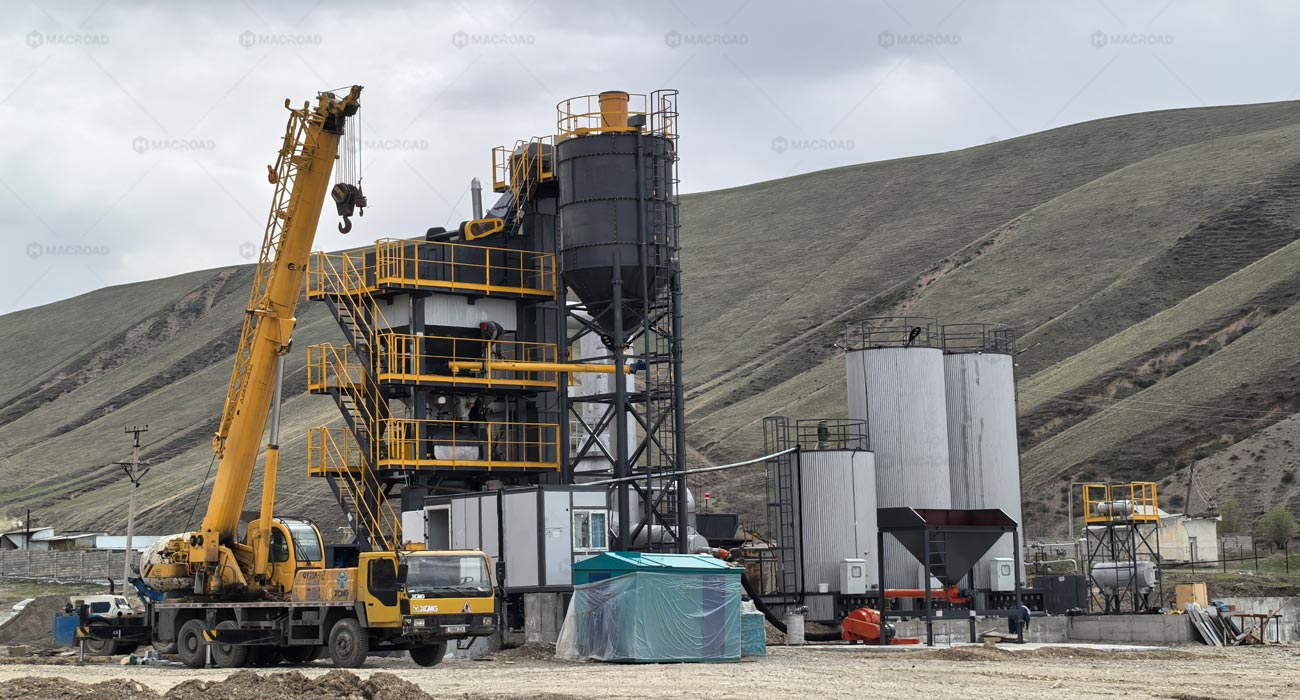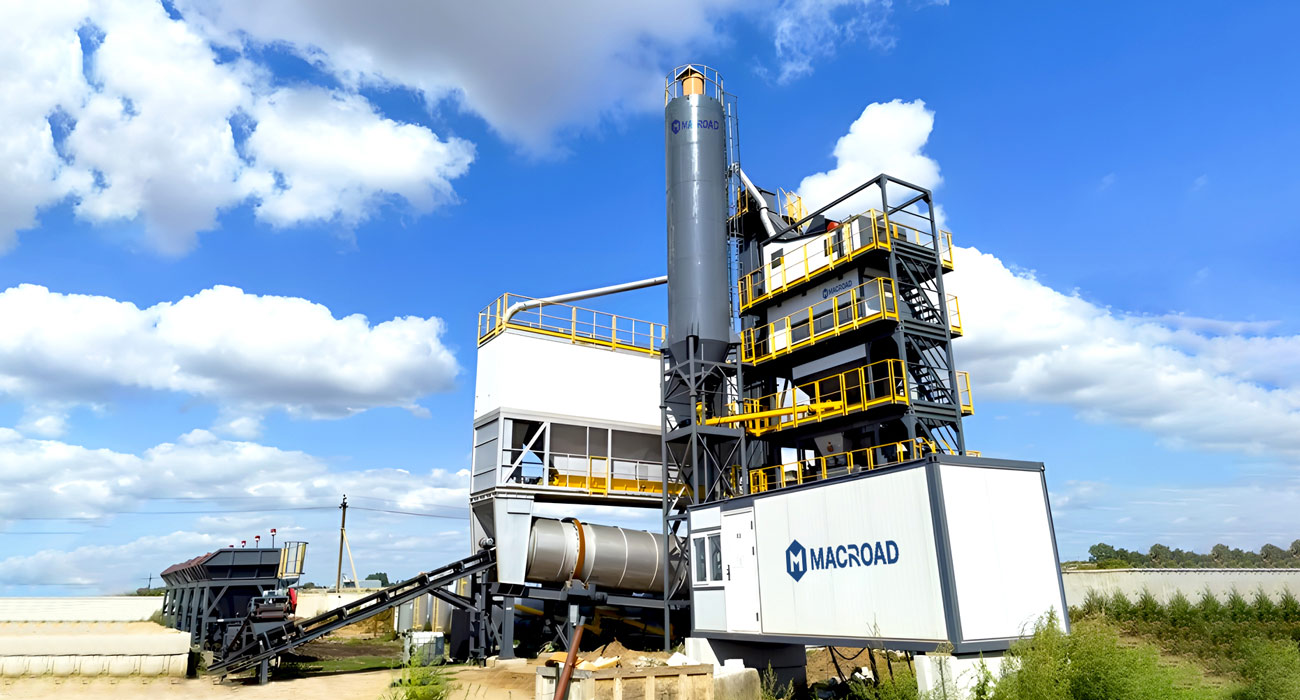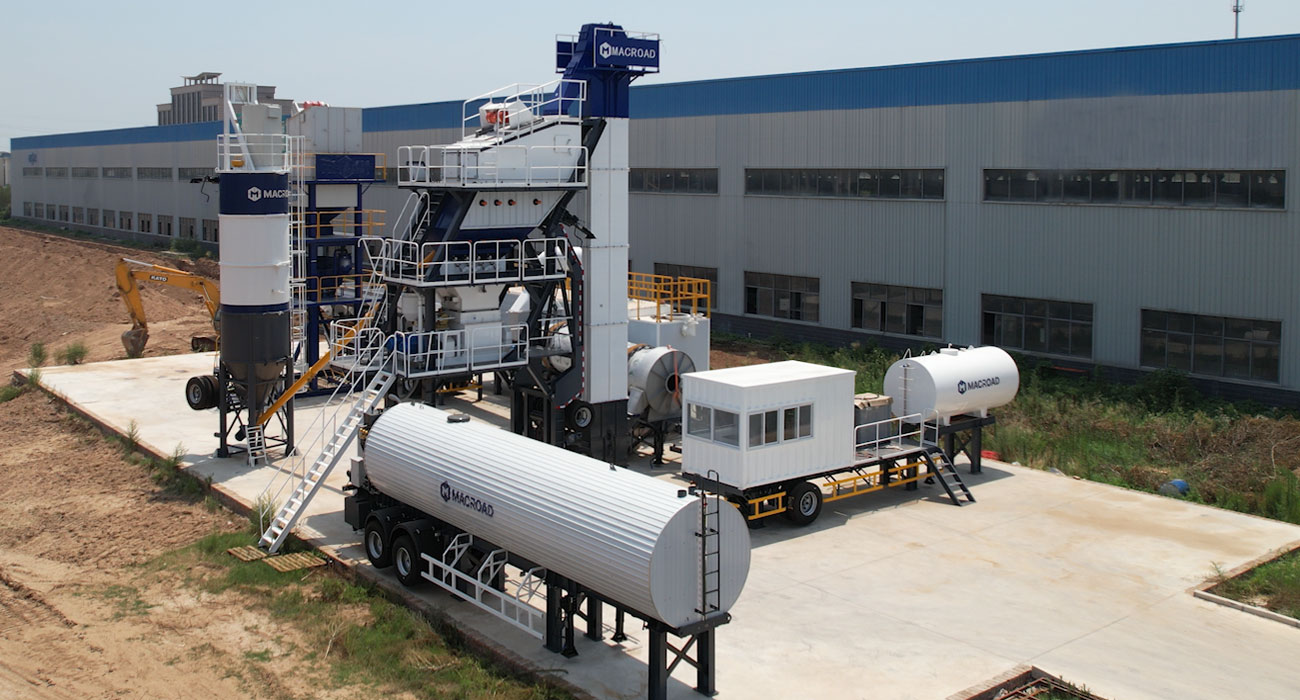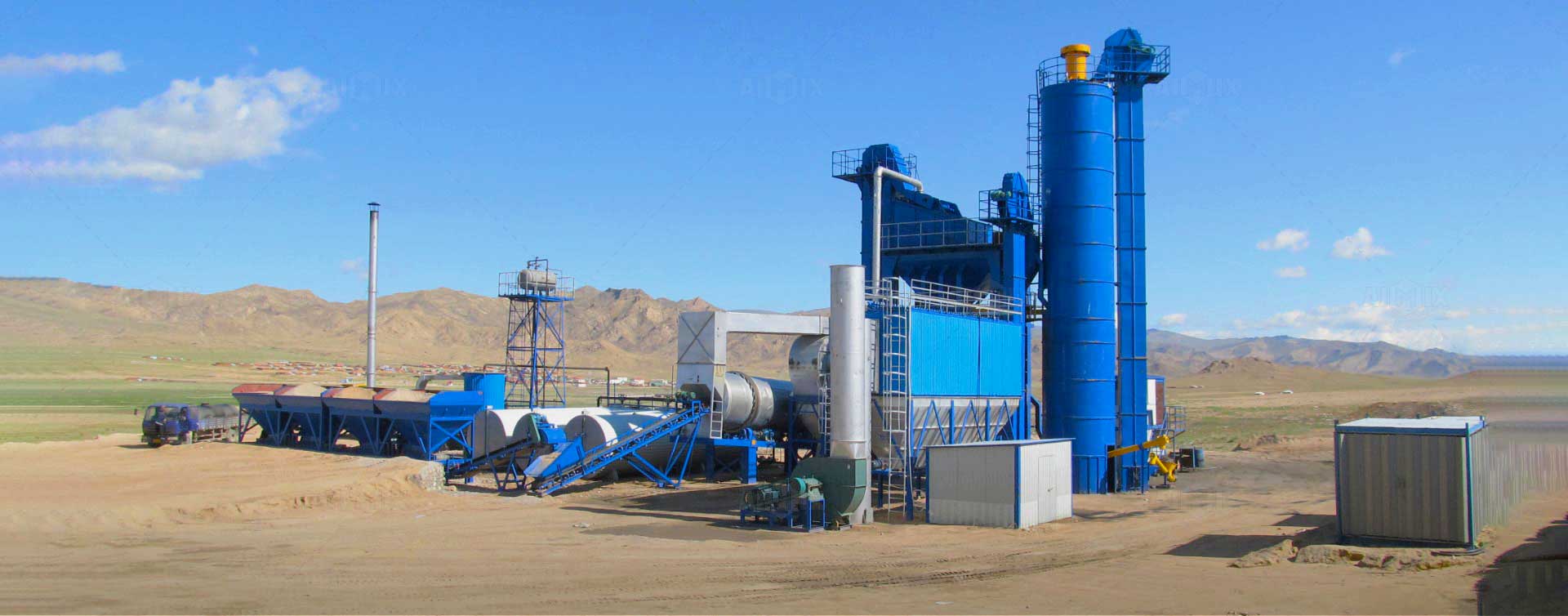The maintenance of stationary asphalt mixing plants and mobile asphalt plants requires distinct approaches to ensure optimal performance and longevity. Stationary asphalt mixing plants focus on long-term stability through regular maintenance and calibration, while mobile asphalt plants must address component adaptability after relocation. This article explores how asphalt plants can establish differentiated maintenance processes for these two types of equipment, ensuring core performance and reducing long-term operation costs.

Long-Term Maintenance for Stationary Asphalt Mixing Plants
For stationary asphalt mixing plants, maintenance strategies are centered on ensuring long-term stability. This involves regular maintenance of large mixing hosts, which are integral to the production process. A proactive maintenance schedule should include quarterly in-depth maintenance plans that encompass routine checks, part replacements, and performance evaluations.
Calibration of fixed metering systems is another crucial aspect of stationary plant maintenance. Accurate metering is essential for producing high-quality asphalt mixtures, and any discrepancies can lead to significant quality issues. By establishing a systematic calibration schedule, asphalt plants can maintain the precision necessary for operational efficiency.
Incorporating a brand like Macroad can enhance these maintenance strategies, as they provide reliable equipment designed for durability and ease of maintenance. This reliability is vital for the long-term success of stationary asphalt mixing plant.

Component Adaptability for Mobile Asphalt Plants
In contrast, the maintenance of mobile asphalt plants requires a focus on the adaptability of components after relocation. This involves checking the wear of mobile wheel sets and re-adjusting detachable modules to ensure they function correctly in a new setting. Given the nature of mobile operations, these checks are crucial for maintaining the equipment’s performance.
To facilitate this process, asphalt plants should design quick inspection lists specifically for mobile plants. These lists can serve as a checklist for operators to follow before and after relocation, ensuring that all critical components are assessed for wear and functionality. By simplifying the inspection process, asphalt plants can minimize downtime and ensure that mobile units are ready for immediate operation upon arrival at a new site.

Establishing Differentiated Maintenance Processes
Creating differentiated maintenance processes for stationary and mobile asphalt plants is essential for optimizing performance and reducing costs. For stationary plants, a detailed maintenance plan that encompasses all aspects of the equipment should be developed. This includes regular inspections, preventive maintenance, and calibration checks to ensure that all systems are functioning effectively.
For mobile asphalt plants, the focus should shift to adaptability and quick assessments. Establishing a streamlined process for inspections and repairs can significantly enhance operational efficiency. This dual approach allows asphalt plants to maintain the core performance of both types of equipment while extending their service life.
Conclusion: Enhancing Performance and Longevity of Asphalt Plants
In conclusion, the maintenance strategies for stationary asphalt mixing plants and mobile asphalt plants must be tailored to their specific operational demands. By implementing quarterly in-depth maintenance plans for stationary plants and quick inspection lists for mobile plants, asphalt plants can ensure optimal performance while minimizing long-term operation and maintenance costs.
This strategic differentiation not only enhances the reliability of the equipment but also extends its service life, ultimately contributing to more sustainable operations. Companies like Macroad exemplify the commitment to quality and efficiency in asphalt production, supporting the maintenance needs of both stationary and mobile asphalt plants. By prioritizing these maintenance strategies, asphalt plants can achieve long-term success and operational excellence.
